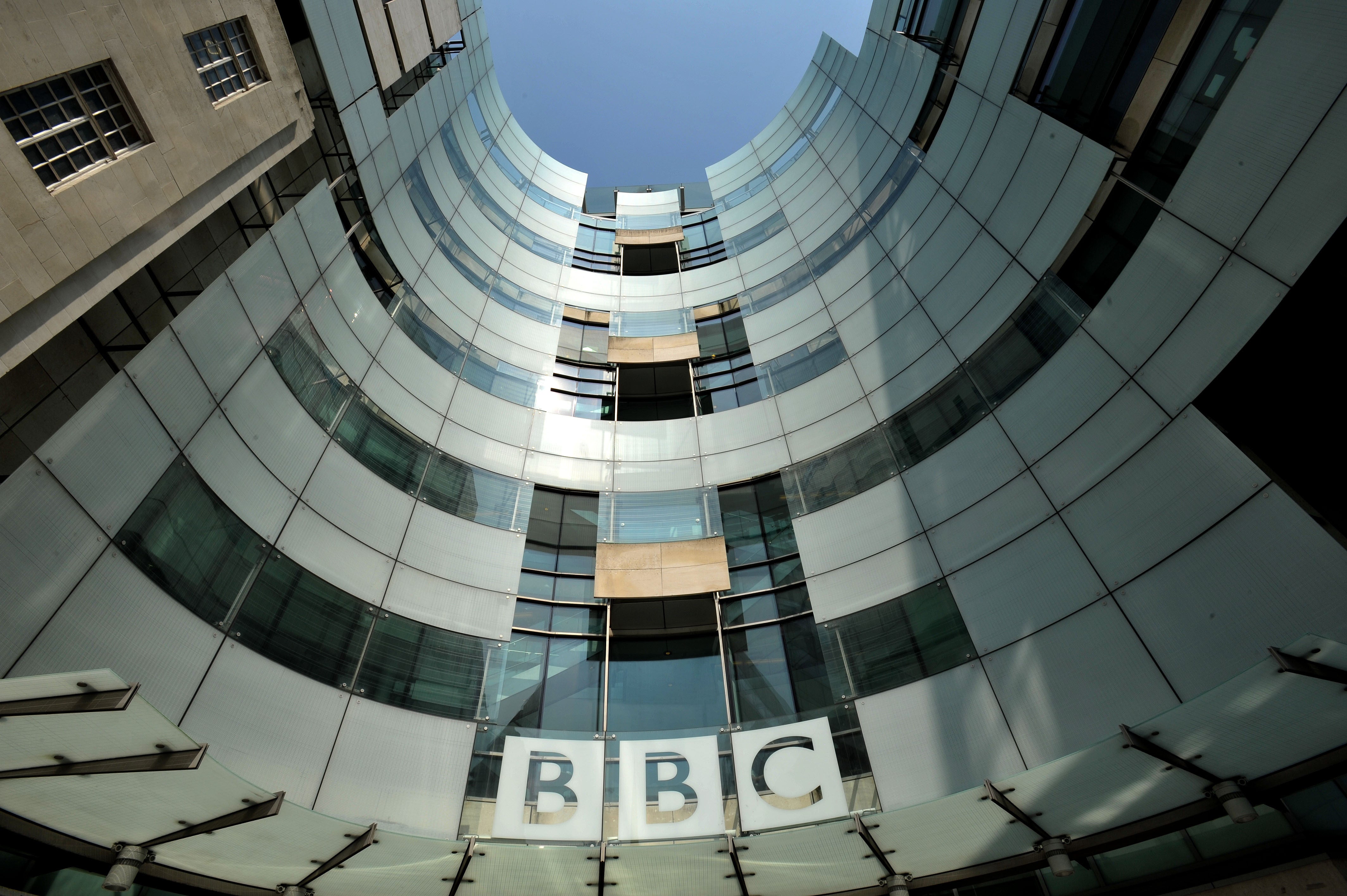ITV chairman says Ukraine war shows need to keep digital terrestrial TV services
Sir Peter Bazalgette appeared before a Lords committee into the future of the BBC.

Your support helps us to tell the story
From reproductive rights to climate change to Big Tech, The Independent is on the ground when the story is developing. Whether it's investigating the financials of Elon Musk's pro-Trump PAC or producing our latest documentary, 'The A Word', which shines a light on the American women fighting for reproductive rights, we know how important it is to parse out the facts from the messaging.
At such a critical moment in US history, we need reporters on the ground. Your donation allows us to keep sending journalists to speak to both sides of the story.
The Independent is trusted by Americans across the entire political spectrum. And unlike many other quality news outlets, we choose not to lock Americans out of our reporting and analysis with paywalls. We believe quality journalism should be available to everyone, paid for by those who can afford it.
Your support makes all the difference.The chairman of ITV has stressed the importance of maintaining the UK’s digital terrestrial television (DTT) service in light of the war in Ukraine.
Sir Peter Bazalgette told the Lords Communications and Digital Committee he expected most TV signals to be distributed through the internet a decade from now.
However, he said some should remain in case of a serious geopolitical conflict in which satellites were targeted.
During a session relating to the future funding of the BBC, Sir Peter said: “Yes, we are moving to an on-demand world and, as I said earlier, most television signals will be distributed by the internet in 10 years’ time.
“However, woe betide the country in my opinion who completely dismantles its other means of transmission, that is its DTT or its satellite systems – in particular DTT.
“Because we only need to look at the Ukrainian conflict at the moment and the fact that in a more prolonged conflict one of the targets will be the satellites that fuel and make the internet run worldwide.”
Sir Peter, who was president of the Royal Television Society between 2010 and 2017, warned that internet communications are “vulnerable to future geopolitical conflict”.
He added: “Every country, not only does it need a BBC for what I might call its civil strength – you only have to look at the viewing figures for the announcements about Covid from the Government – but it also needs the security of that signal not just via the internet.”
During the first weeks of the Russian invasion of Ukraine, the BBC launched two new shortwave frequencies in the region for four hours of World Service English news a day, which could be received in Kyiv and parts of Russia.